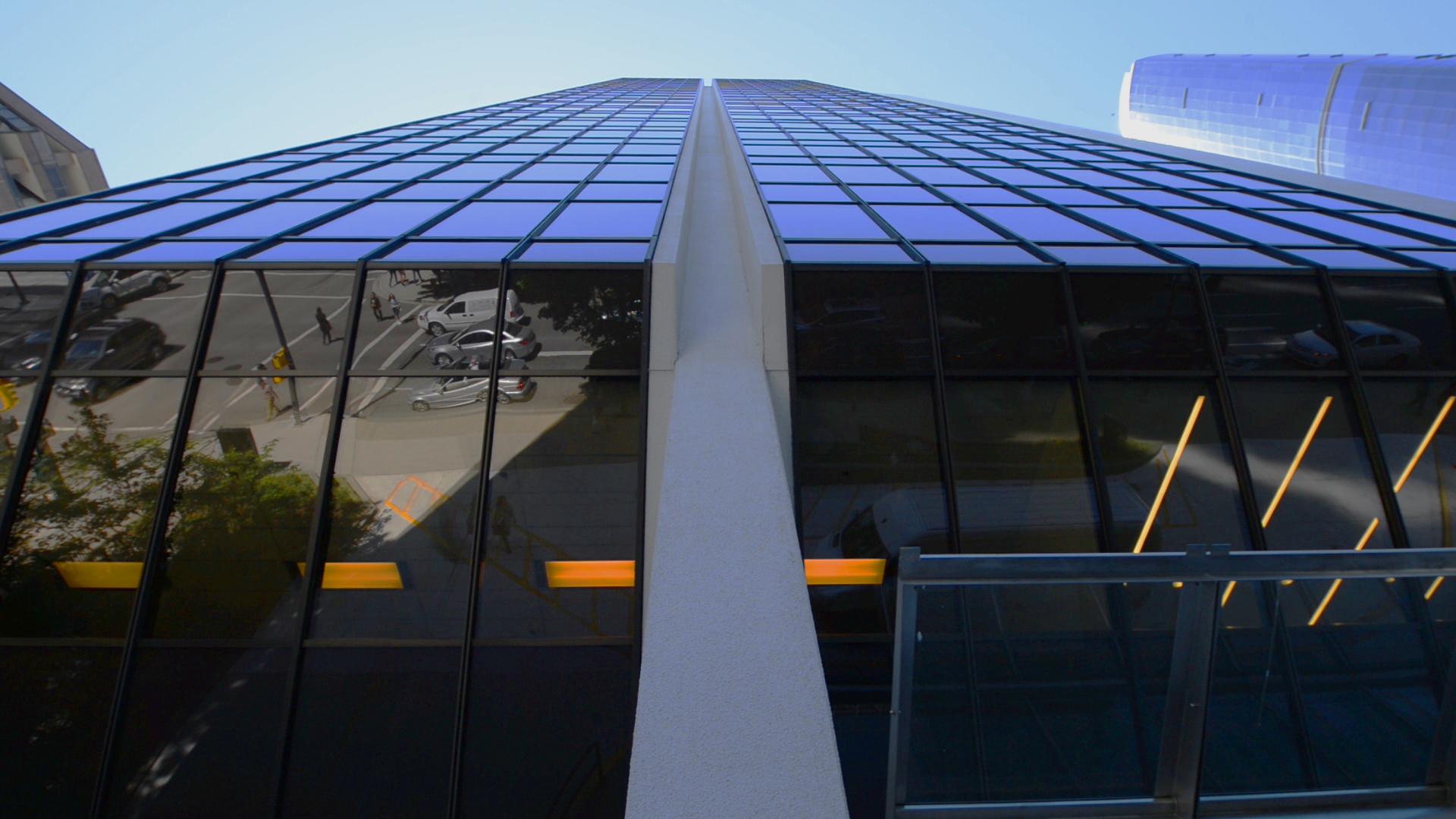
Detecting Concussion and Brain Injury in Children After a Motor Vehicle Accident
Concussions and brain injury in children may look different than brain injuries in an adult. There are a number of reasons for this. Children’s brains are continuing to develop, and younger children in particular either cannot verbalize or have difficultly communicating how they are feeling. Some impairments might not become apparent until the child is older. It is important to know the signs and symptoms of brain injury in children, which will be the focus of this post. Of course, if your child has been injured in a motor vehicle accident, you should seek immediate medical attention for your child, and follow up with your child’s doctor if at any point after the accident you notice changes in your child’s behaviour, habits, or responses.
Signs and Symptoms of Brain Injury in Children
Children may respond to a traumatic brain injury such as a concussion differently than adults. The physical, cognitive and emotional impacts of a brain injury will also vary from child to child, depending on the severity of the brain injury (which can range from a mild traumatic brain injury to a severe or catastrophic brain injury), the age of the child, the area of the brain injured, and the type of treatment the child receives during the recovery and rehabilitation process. Signs and symptoms of brain injury that require immediate medical attention include loss of consciousness, seizure, vomiting, headache, or sensitivity to light or sound. In the period following the motor vehicle accident, parents should be on the lookout for the following which may indicate brain injury in children:
- Changes in eating or sleeping patterns
- Increase in crying, irritability, or crankiness
- Loss of balance or coordination (for example, unsteady when walking or unusually clumsy)
- Slurred speech, delays in answering questions, or difficulty finding words
- Confusion or difficulties with remembering things or recalling information
- Changes in ability to pay attention (being easily distracted, staring blankly or “zoning out”)
- Changes in the way the child plays or loss of interest in favourite toys or games
- Loss of a skill, such as toilet training
- Tiring easily, listlessness/lethargy
- Changes in behaviour or performance at school
- Personality changes including angering easily or displaying extreme emotional reactions
Bumps, bruises, and cuts are obvious signs of an injury to the head, but it is important for parents to be aware that a motor vehicle accident can cause a concussion or brain injury even if your child did not strike their head. If you have concerns, always consult with your child’s doctor about the possibility of concussion or traumatic brain injury.
Get Trusted Legal Advice if your Child Suffered a Concussion or Brain Injury
If your child has been injured in a motor vehicle accident and you would like to discuss how to bring an ICBC claim for your child, contact the experienced brain injury lawyers at Simpson Thomas & Associates. We can handle the ICBC claim on behalf of your child to secure personal injury compensation and funding for appropriate rehabilitation to maximize your child’s recovery. To learn more, request a free consultation or call (604) 689 8888.
Related Posts

Simpson Thomas Firm of Personal Injury Lawyers Proud to be Member of the BBB


